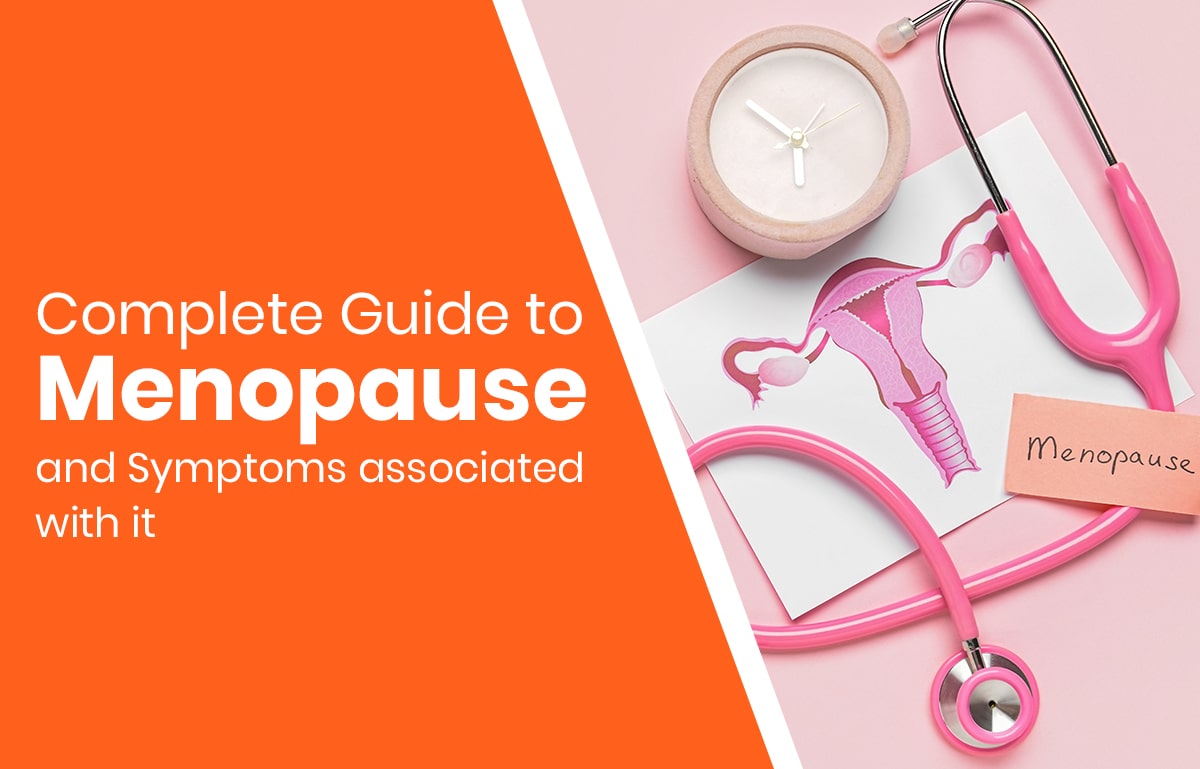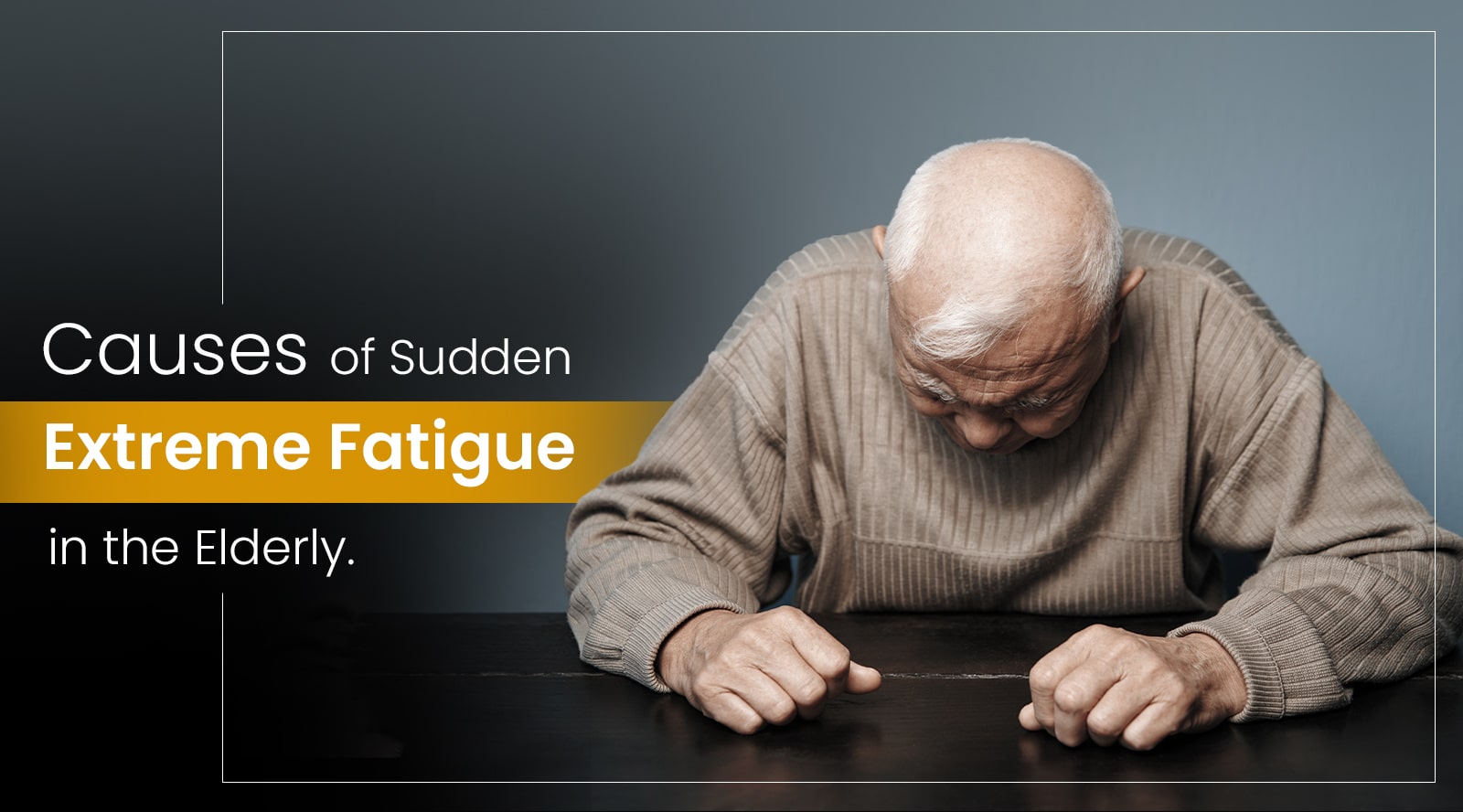
At GP London, our private GPs take hormonal changes in women health seriously and support them fully through their lives. It is important to stress many women go through this period without any problems. Here, we will discuss about the symptoms of menopause and HRT for supporting women at work who go through this period in their lifespan. Since women health is very important, you should take precautions to remain safe after menopause.
Premature Menopause
When the menstrual cycle stops before 40 years, this is said to be premature menopause or early menopause. Women might suffer from several symptoms at young age and this is very common in people whose family members have passed through early menopause. This can take place in a natural way and it is known as premature ovarian failure.
Causes
Premature ovarian failure may happen due to:
- Autoimmune disease
- Surgery to remove ovaries which include – Ooporectomy or Hysterectomy
- Cancer treatment such as chemotherapy and radiotherapy causing premature menopause
How you will know if you are having early menopause
You may suffer from some symptoms and it is important to check with your doctor to ensure there aren’t other causes:
- Depression
- Anxiety
- Night sweats
- Difficulty sleeping
- Intimate dryness
- Low mood
- Discomfort during sex
- Hot flushes
- Reduced sex drive
- Problems with memory and concentration
How to treat early menopause
Doctors suggest taking contraceptive pill or HRT to deal with early menopause effects. It is possible you will be recommended to perform the treatment till your menopause age. Those who already have had certain kinds of cancer may not undergo hormonal treatment though your GP can advise on it after thorough discussion.
What should you know about perimenopause?
Perimenopause occurs when your body starts to transition into the menopause. It denotes the end of your reproductive years and does not have fixed age when it starts. As everyone is unique, it is necessary to note down any changes and discuss them with the doctor. Some people may experience the symptoms of menopause symptoms in their early thirties but most will be during their 40s.
What happens during perimenopause?
During your transition to menopause, the body will change and some changes you may notice are the following:
- Irregular period
- Sleep disturbance
- Mood swings and change in the mental health
- Loss of libido
- Onset of migraines
- Night sweats or hot flushes
- Brain fog
- BV infections, thrush or recurrent cystitis (UTIs)
HRT may be prescribed even if you still continue to have your periods after a discussion with your GP. Some areas to discuss include – contraceptive needs, family history, past medical record, smoking and alcohol habits. If there aren’t any contra-indications; then HRT will help and some women may be benefitted from vaginal oestrogen.
For women where HRT is a circumstance, other things should be taken into consideration which include – staying active with routine exercise, lessening caffeine and alcohol intake, reduce stress and maintain healthy diet. Some women may even benefit by taking antidepressants or supplements to take during menopause.
About menopause and post menopause
What is it?
Following perimenopause, your periods will end which is in the age group of 45 and 55. Post-menopause occurs when you have not had a period in the last 12 months or more than that, signalling the end phase of ovulation. There are various common symptoms but each individual is unique and so, the symptoms will differ.
Symptoms of mental health
- Anxiety, self-esteem problems and low mood
- Concentration and memory may be more common which is called brain fog
Physical symptoms
- Joint aches and muscles
- Migraines or headaches
- Dry, oily or itchy skin
- Trouble sleeping
- Heart palpitations
- Body shape
- Change in weight around the waist
- Recurrent UTIs and stress incontinence
- Hot and cold flushes
- Vaginal dryness,
- Discomfort, itching or pain during intercourse
How much time will the symptoms last?
Since everyone is different and the symptoms may last for months, the average menopausal transition lasts for almost 7 years, on an average. The symptoms may last for nearly 14 years, based on your lifestyle factors. Symptoms can even change in severity with time and some long-term symptoms can level out and others continue during the complete transition.
Primary management with HRT
Complete evidence is for prescribing oestrogen transdermally, through spray, gel or patches. If progesterone is required, then this can be prescribed as a patch, Mirena coil or tablet.
How to deal with menopause
- Quit the habit of smoking
- Lessen the intake of alcohol
- Eat a balanced diet
- Include calcium-rich foods
- Maintain healthy routine
- Proper relaxation
- Weight-bearing exercise
- Speak to a doctor about medications and supplements
How to manage hot flushes
- Wear light coloured and cotton clothing
- Drink lots of water
- Try to deal with stress
- Keep bedroom cool at night
- Manage healthy height
- Avoid triggers like smoking and eating spicy food
- Cognitive behavioural therapy
How to manage your bone health
- Build up muscle strength with routine exercises
- Include calcium-rich foods in the diet such as kale and yoghurt
- Spend time in the sun and outdoors
- Take supplements for Vitamin D supplements
How to deal with intimate dryness
- Over-the-counter lubricants and moisturizers
- Doctor prescribed hormone replacement treatment
- Oestrogen Pessaries, vaginal rings and gel can be purchased with a prescription.
How to manage HRT
HRT uses two hormones which are – Oestrogen and Progesterone. While the former manage the symptoms of menopause and can be foumd as skin patches, tablets, spray or gel for skin, the latter is offered when a woman has a womb, as (combined) patch, tablets or coil (Mirena).
HRT can lessen the risk of
- type 2 diabetes
- dementia
- brittle bones
- heart disease
- stroke
- bowel cancer
Women can be there on HRT for an indefinite period but are advised to visit the private gynaecologist in London each year for complete review. You will have to check the suitability of dose, regime, any concerns, and stay up to date with the help to a mammogram.
Post-Menopause
During post-menopause, the symptoms will subside and some women may continue to experience the symptoms for a long time though they should be manageable.
Health risks for post-menopause
Post-menopause has increased risk of health ailments such as – weak bones, UTIs and heart disease.
Important changes you need to make include the following:
- Diet is essential to keep your body functioning and healthy
- Speak to the doctor about the supplements for calcium and vitamin D
- Drink lots of water and use restroom whenever you need to
- Lessen the consumption of alcohol
- Maintain muscle strength, stay active and have healthy weight
- Manage weight to reduce stress on your bones and muscles
- Routine cancer screenings for cervix and breast
What should you know about incontinence?
You might experience loss of urine at the time of laughing, coughing or lifting, which seem to be frustrating though there are preventative measures to try:
- Oestrogen preparations can be used to improve vaginal thinning
- Pelvic floor exercises can strengthen your muscles
Menopause in trans men, trans women and non-binary people
A woman who undergoes transition has earlier undergone transition or has an ovarian system, will need to pass through the symptoms of menopause at some point during their lifetime. You need to discuss about your menopause concerns with the GP so that you can get the right treatment.
Menopause in trans women
If a trans woman wants to stop hormone therapy, then they may experience the symptoms of menopause. This is due to simialr effects triggered by menopause, meaning sudden drop in the oestrogen level. They will experience menopause symptoms though the cause is somewhat different.
As a trans woman becomes old, they can prefer to reduce oestrogen dose, which can lead to private menopausal symptoms. But they may be less severe as their body will produce testosterone.
Menopause in the case of trans men
If a trans man prefers not to perform a hysterectomy as part of their transition, then they will experience menopause symptoms. Besides, if a trans man is not able to access the supply of testosterone, then they will start experiencing menopause symptoms.
Menopause for non-binary people
A person who has ovarian system will pass through menopause which includes non-binary people ewith trans men, trans women and cis women. All these people will experience menopause and can access support in finding the right management techniques with a GP.
Our menopause doctor at the clinic gives necessary advice and support for menopause in a 30-minute appointment as part of women health services. Book your appointment with us or call at 020 70434317 and discuss about your menopause concerns to get proper treatment from us.



-min.jpg)

